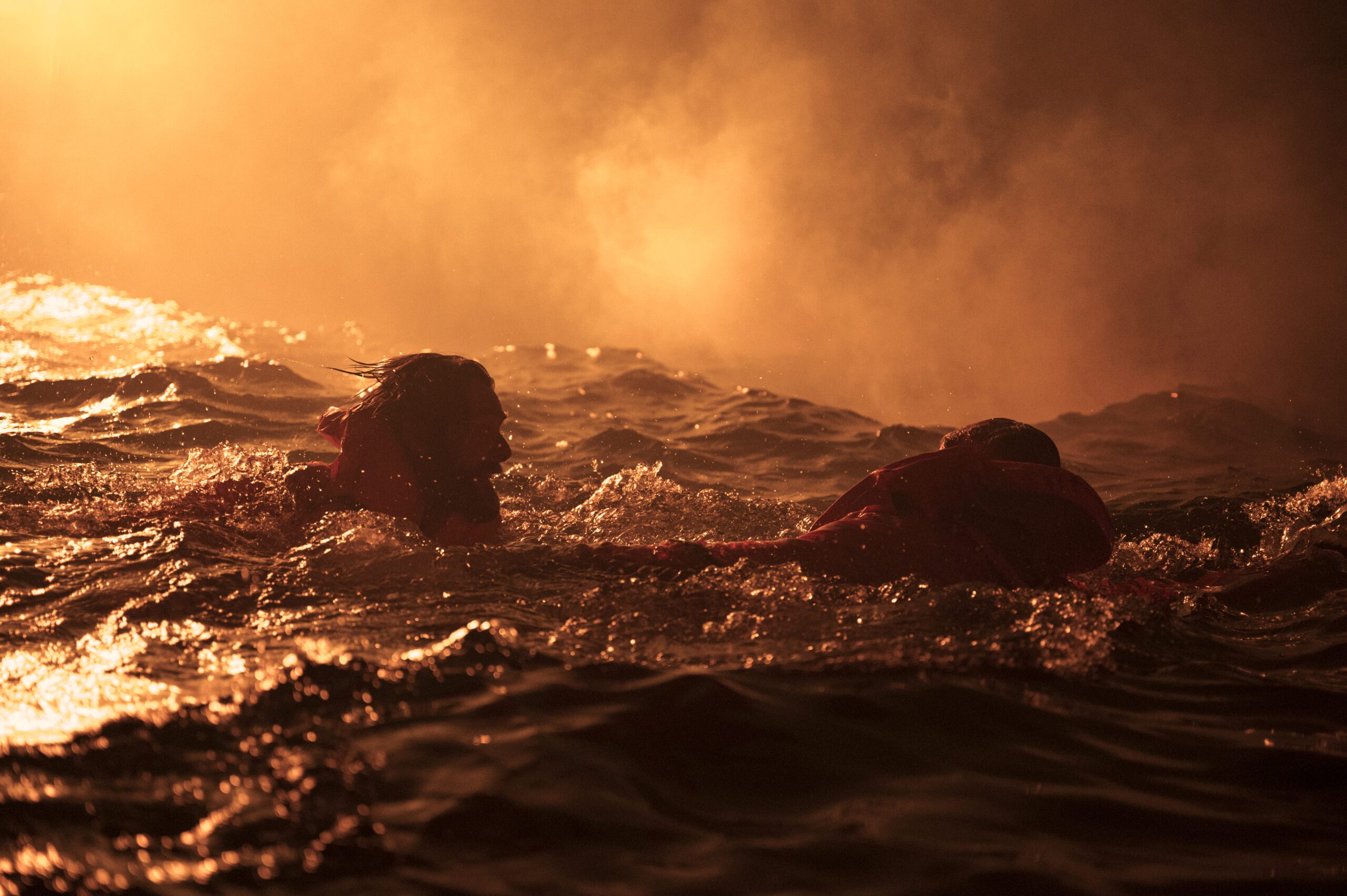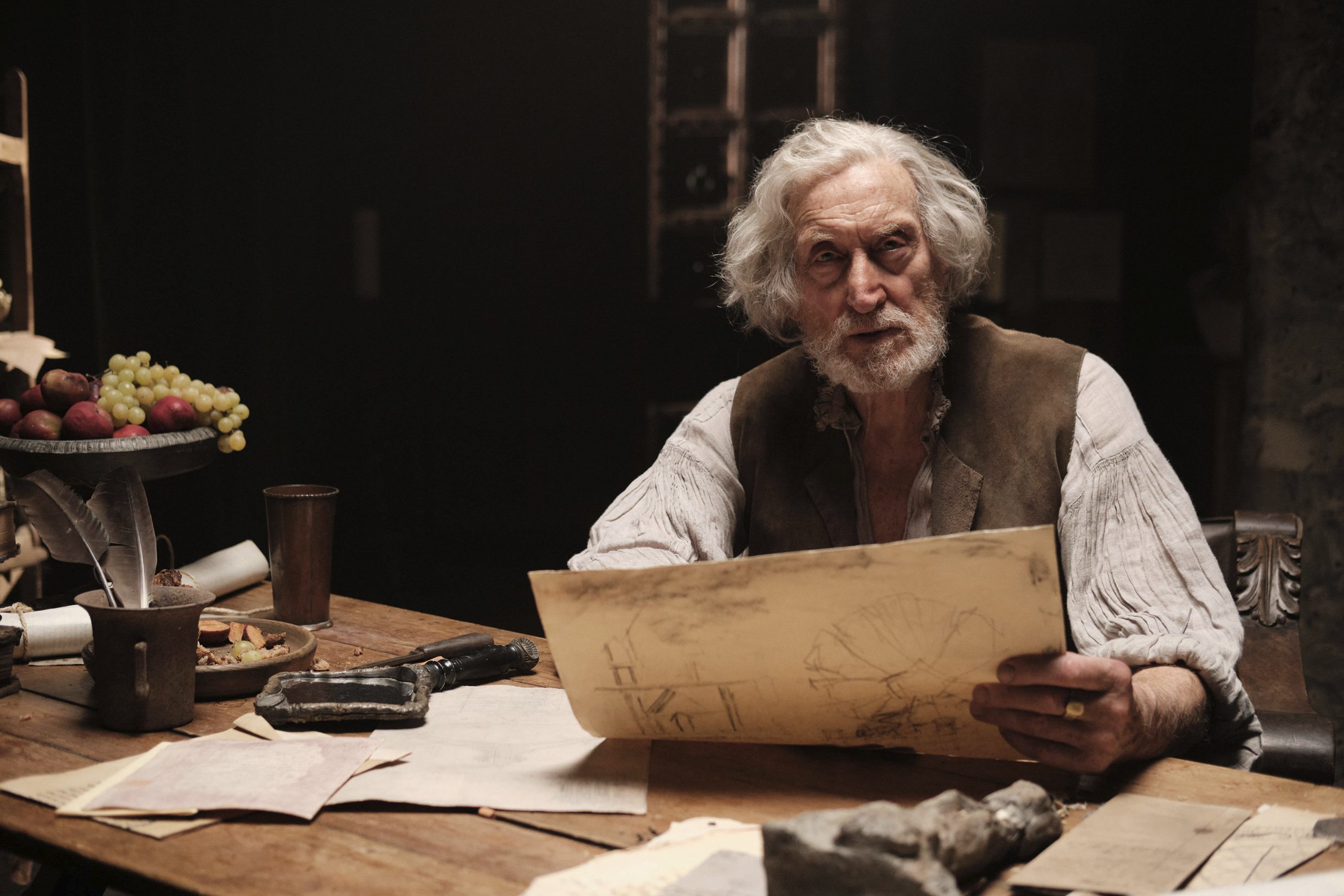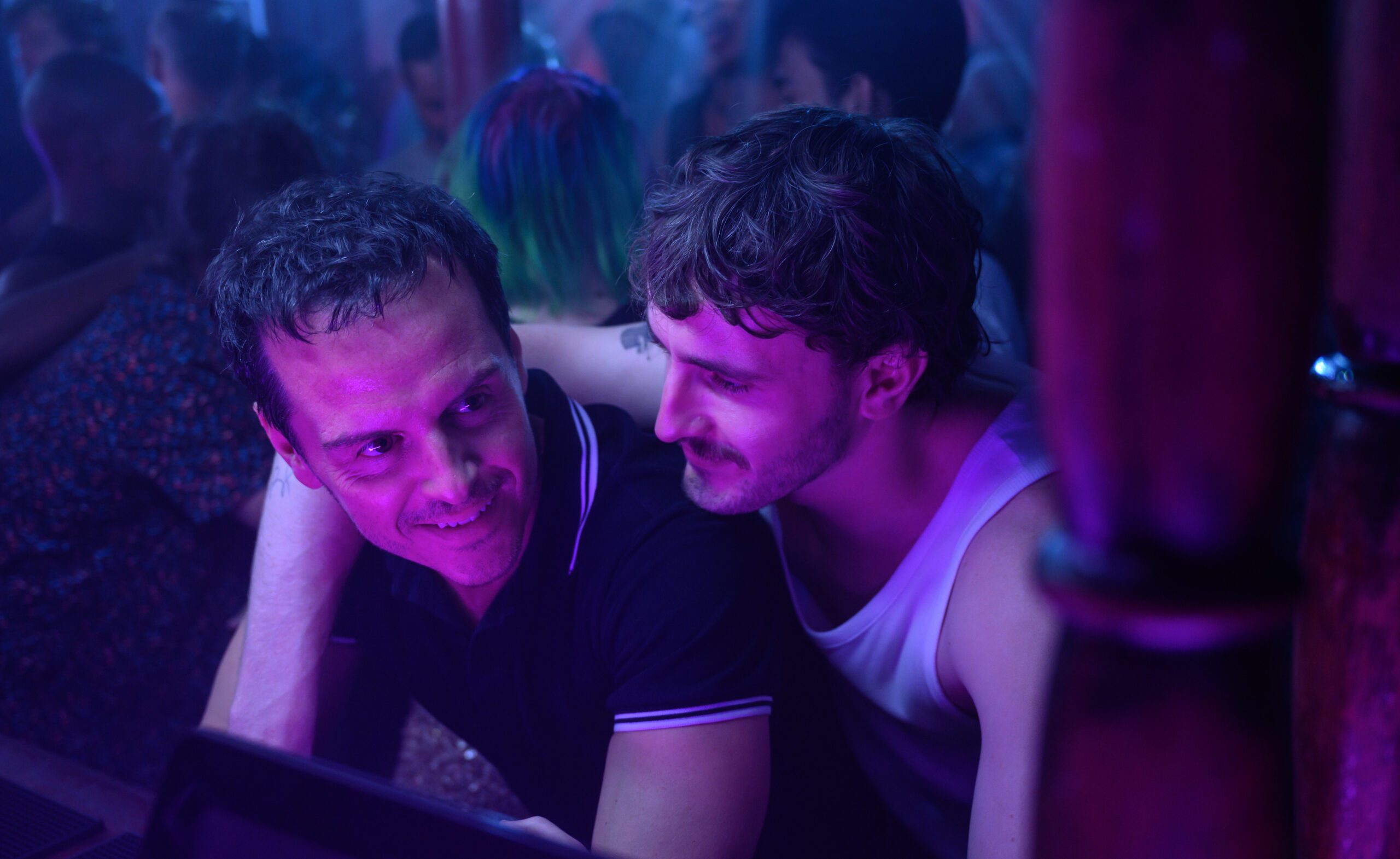From heightened retellings to emotionally raw storytelling, casting director Nikki Meadows continues the drama-documentary conversation and explains why non-dialogue is never ‘extra’.
Drama-doc is a fascinating space for actors and every choice about tone and style matters. Too much can jar against the factual elements of the show. Too little and the story loses impact. The art is finding the right balance for the material.
I’ve recently cast two shows at complete opposite ends of the spectrum – one a visual epic and the other a raw, stripped-back production so in this article I wanted to drill down on these different production approaches and how performance sits central in both.
What you’ll learn in this article:
- Some of the storytelling methods, techniques and aesthetics used in drama-documentaries.
- The need to uncover different dimensions of well-known characters to bring something new.
- When to strip back on ‘performance’ to capture the tone and truth of a real person.
- The power to be found in non-dialogue performance.
Storytelling on an Epic Scale
I cast three seasons of US drama-doc, Jesus Crown of Thorns. It’s bold, heightened and visually epic. Shot on location in Morocco, it could be Game of Thrones in scale and ambition.
With a large cast combining full-scale drama with talking heads, it demanded performances with fire and intensity. The director, Hereward Pelling, wanted it to feel more like a political thriller than a traditional Bible story, so we were constantly pushing away from familiar archetypes.
For Judas, for example, rather than settling for a one-note portrayal, we explored him as a man in deep turmoil, wrestling with impossible choices and unwilling to betray a friendship lightly. Like any strong drama, it was about layering performances, uncovering different dimensions of our well-known characters and rooting their motivations in something human. This is particularly exciting for a story everyone has seen and heard multiple times.
Casting Ahmed Elmusrati as ‘Judas’ really encapsulated this. From his very first tapes to working in the room, he brought a beautiful vulnerability that made his performance compelling and really moving. He was far more than just ‘Judas, the bad guy who gave up Jesus.’ He read the scripts exactly as we hoped he would, embraced that complexity instinctively and instantly made the character so much more relatable. He placed him in the present, which was a choice I really wanted to see.
When asked about working on the role, Ahmed said, “It was so rewarding because the writing gave space to explore his conflict and humanity, torn between faith, loyalty and outside pressures. That depth made him layered rather than one-dimensional.” He continues, “It never made sense to me that someone so close would betray without conflict and this story captured that with real emotional intelligence. Now, whenever I hear the name Judas, I don’t just think of a traitor. I think of a human being caught in a complex situation. For me, it was the truest portrayal of Judas because it was so human.”
Stripping Performance Back to the Bare Essentials
By contrast, Disaster at Sea: The Piper Alpha Story for the BBC (directed by Emma Frank) had a very minimalist production style. Scenes of the actors sitting at desks in the conference hall with only a glass of water and a mic in front of them (as the men did in the original Cullen Enquiry) were harshly lit. The performances used verbatim testimony from the men who survived that night. Everything was stripped back to the essentials.
When casting Piper Alpha, I wanted to see actors who were able (brave enough even) to strip any sense of ‘performance’ away, to really capture who these men were and what they were saying. I know it’s a lot to ask for, that stillness, but it never fails to blow me away when I see it.
Throughout the programme, we see footage of real survivors and their families, so it was essential that nothing felt overly performed as we cut from real people to actors. It was brutally intimate and incredibly moving. The actors had to capture the tone of the person with real sensitivity, often delivering dialogue straight to camera with every pause felt, every beat capturing the pain for the men re-living the night. It takes incredible talent to pull that off.

Nicholas Boulton as Bob Ballantyne in ‘Disaster At Sea – The Piper Alpha Story’. Image credit: BBC Studios Productions Ltd
Nicholas Boulton who represented Bob Ballantyne in the series, puts it beautifully: “I felt a very strong sense that I had a duty of care, not least on account of the fact that Bob’s widow and other relations would almost certainly see the documentary and that perhaps powerful and traumatic memories of the disaster would be reawakened by it, but also to Bob himself, with great respect for his dignity and integrity as a human being. It was humbling and shocking to explore in detail what he and his friends and colleagues went through that night. I watched as much archive footage of him as was available to get the best sense of who he was and how he seemed to respond to what had happened.
I wanted to honour his quiet strength of character in a way that felt true to me – and found myself stepping in a direction away from what might have been perhaps shallower impersonation and towards what was for me a deeper and more personal emotional truth, all the while still remaining as true as possible to Bob’s appearance and physicality. It’s a tightrope walk, but one that is ultimately satisfying. I was very moved watching the finished documentary. It really felt that the right balance had been struck between the re-enactment of the disaster, the acted transcripts of the inquiry and the extraordinary testimony of the survivors, their relatives and other witnesses. A truly collaborative experience.
This sense of care and responsibility was echoed throughout the cast, and as a result, it was great to see reviews call out and praise the actors for such thoughtful performances. One review that stood out was in The Guardian: “The shocking story is skilfully told by those unfussy dramatisations of the survivors’ words, as the actors leave us in no doubt about how deeply traumatised the men were by their experience. A grim and difficult task is performed with care.”
Performing in Drama-Documentaries
Across both of these very different projects, actors are digging deep, serving the story and the director’s vision. The intensity of the performances can resonate with audiences, whether it’s reliving events from recent history or as a retelling of a story with deep cultural and emotional resonance.
Actors get to draw on meticulous historical research, community experience, and often the real words of those who lived the stories. That’s both the challenge and the reward.
I love Anthony Boyle’s reflection on playing IRA soldier Brendan Hughes in FX’s Say Nothing – a role deeply personal to him, coming from the community of West Belfast. In an interview with Decider, Boyle comments on how he “used to walk past the murals of Brendan going to school,” and so he found himself “relaxed” in the role, given how familiar he found everything. He added, “It felt like the least acting I’ve ever had to do. It’s probably the most honest performance I’ve ever given.”
In another interview with Gold Derby, Boyle spoke about his performance and the need to examine the human side of someone as renowned as Brendan Hughes. He said, “They’re not paintings on the wall, they’re real breathing people, and if we want to do them justice, if we want to do the story justice, you’ve got to bring it down and get to the humanity of them as opposed to the mythology of them.’”
Non-Dialogue Performance
I want to touch on the sometimes thorny issue of non-dialogue performance and how it’s perceived. I know actors often worry this is somehow ‘less’, but I’d say look at how it’s being used and then decide.
In epic productions, silent moments punctuate the drama, giving the audience space to absorb scale and consequence. I’ve worked on some brilliant BBC drama-docs with award-winning directors where we’ve used drama without dialogue and attracted great actors who usually work in scripted drama. These actors have been willing to look twice at this work when I show them examples of what we’re doing.
These silent performances are not seen as background, but as the heartbeat of the story – central and integral to the director’s vision. Paired with expert narration, they become the bridge between fact and feeling. These are the moments where an actor’s face, gesture, or physicality carries the weight of our story. A soldier’s hand trembling as they write a letter, a parent’s stillness as they wait for news, a glance exchanged between protestors. There can be immense emotional connection and power in these quiet, wordless performances when delivered with honesty and truth by talented actors.
Just like in any drama, the classic ‘show, don’t tell’ rule of acting holds. In these moments, we let the performance speak for itself, rather than spelling it out in words and that often gives us the truest sense of the stakes at play.
I never underestimate the skill it takes to hold a scene, to inform an audience, to evoke emotion and power without a single word.
Nikki’s Tips:
From epic, dramatic retellings to stripped-back, minimalist productions, the core of a powerful performance always lies in finding the human truth of a character. By focusing on these key principles, you can elevate your work no matter the project.
- Embrace the complexity of a role by moving beyond archetypes and finding the layered humanity in every character.
- Don’t shy away from projects with limited dialogue; use moments of stillness and physical expression to convey emotion and drive the story forward. Non-dialogue moments are crucial opportunities to convey a story’s heart and emotional weight.
- Find the bravery to strip away the ‘performance’ and capture the tone and truth of a real person with sensitivity and respect.
Unlock your potential. Join Spotlight and connect with casting directors for thousands of roles in TV, film, theatre and more.
Nikki Meadows is a UK-based Casting Director working across television and film in both the UK and the US, with a focus on factual drama and high-end drama documentaries. She is a full member of the Casting Directors’ Guild, the Casting Directors Association and a voting member of BAFTA.





